Anna Richards shares her top day hikes in Patagonia after extensive travels in the region. And no, Torres del Paine isn’t on the list!
With my sleeping bag zipped right over my head, knees curled into my chest for warmth, I wondered why camping in Patagonia (one of the harshest climates on earth) had seemed like a good idea.
My sopping wet clothes, far from drying, were solidifying. Crisp, frozen socks hung from the tent pole.
Hungry and unwilling to brave getting out of the tent to cook, I tried to chisel peanut butter from the jar with a flimsy plastic spork. That, too, had frozen solid.
Multi-day hikes in Patagonia can be the most incredible experience, but you have to take the lows with the highs.
For every clear day with a cut-glass view of a glacier, there is a day where the wind sweeps you clean off your feet.
For every day where the snow-capped mountains replicate the Paramount logo rising amongst fluffy clouds in a pink-streaked sky, there is a day where the snow falls so thickly that the view is less Hollywood-opening-credits and more akin to seeking cotton wool set against a cumulus cloud.
The advantages of doin day hikes in Patagonia are huge.
- You can (more or less) predict the weather.
- You can hit the trail with a small pack.
- You can cover as much ground as you want without the fear that your legs will feel as though they’re no longer attached to your body the next day. Because all you were going to do was sit around drinking Malbec and feasting on empanadas anyway. And sore legs don’t affect that!
I’ve rounded up 11 of my favourite day hikes in Patagonia to help you enjoy Mother Nature’s finest views and have dry feet at the end of the day for your Malbec and feasting.
1. Cerro Guanaco, Tierra del Fuego, Argentina
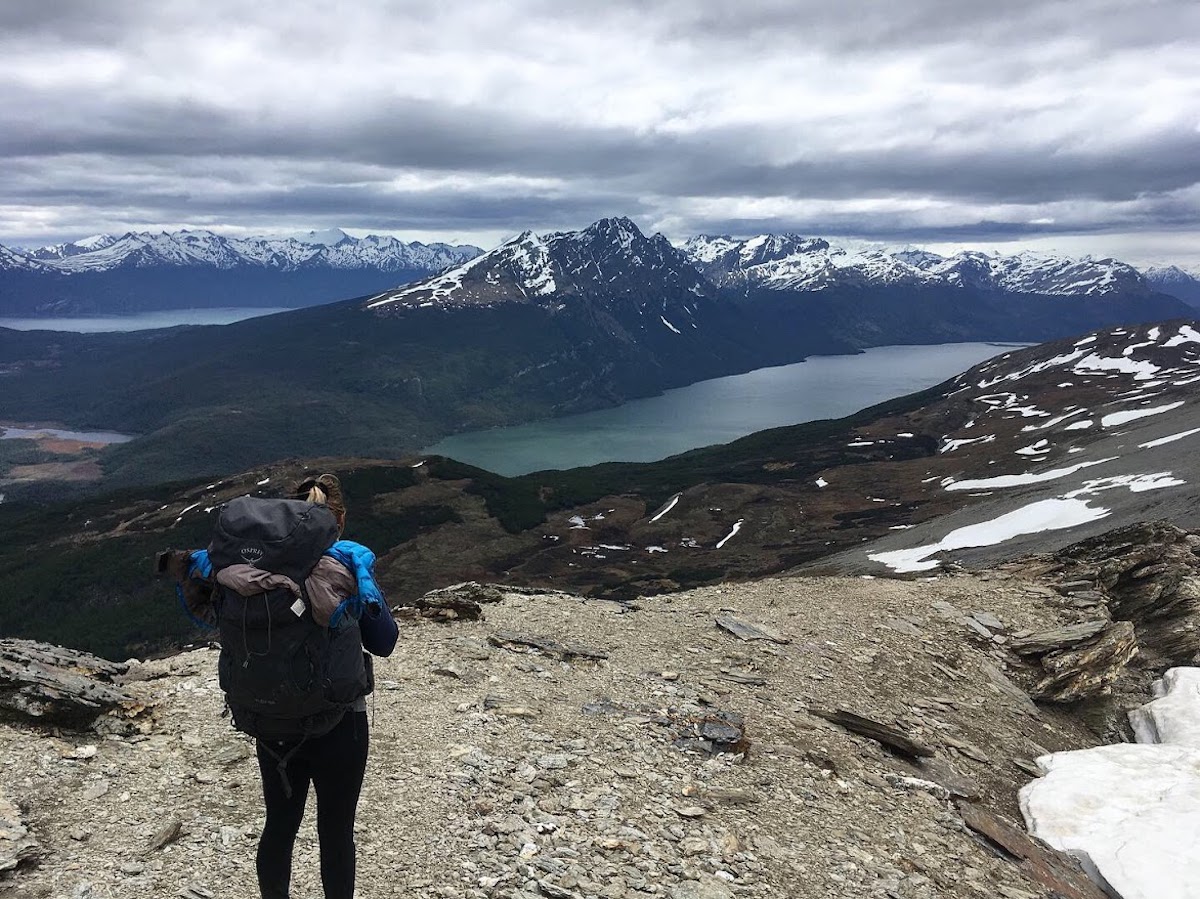
Steep scree, a treacherous peat bog, and 900m of elevation gain mean that this day hike isn’t for the faint-hearted. Factor in 7-8 hours for the round trip and a loss of sensation in your kneecaps the following day.
The views, however, make it thoroughly worthwhile.
From the top, gazing across the Beagle Channel at the craggy peaks of the end of the Andes, you truly feel as though you’re at the end of the world.
How to get there: Catch the bus from Ushuaia to Tierra del Fuego National Park
Entrance fee: ARS560
2. El Cañi, Pucón, Chile
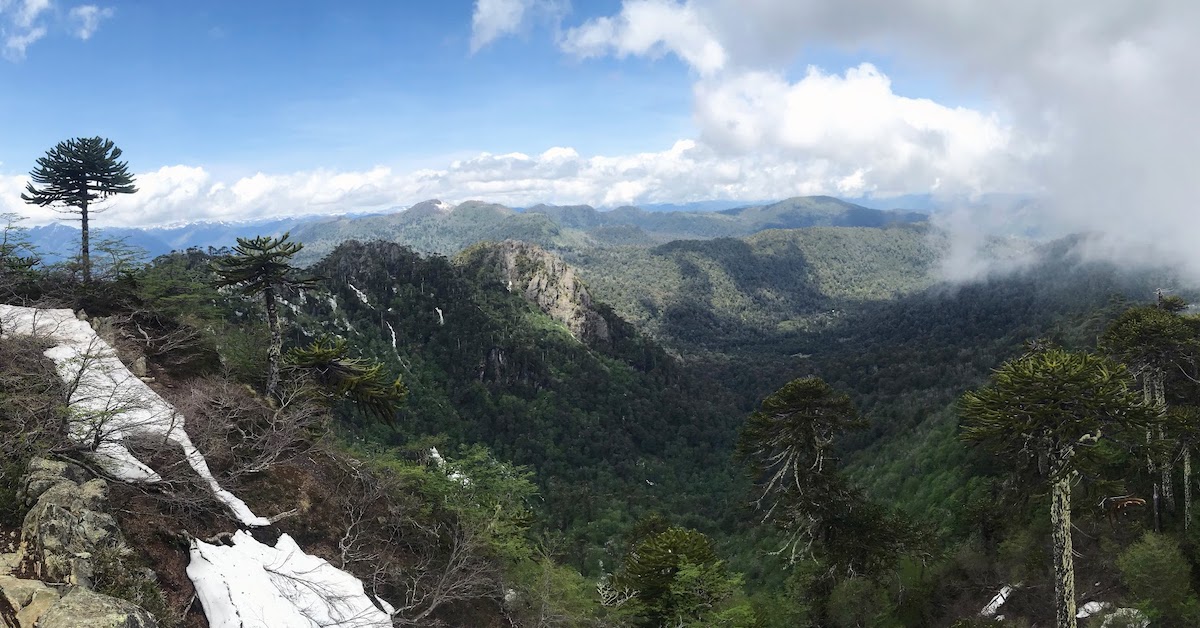
A view of a volcano would be reward enough at the end of a hike, but the viewpoint from the top of El Cañi offers not one volcano, but four.
The trail is densely packed with araucaria trees so you see very little until you reach the summit, but good things come to those who wait!
How to get there: Regular buses run from Pucón to Santuario El Cañi
Entrance fee: CLP4000
3. Cerro Fitz Roy, El Chaltén, Argentina
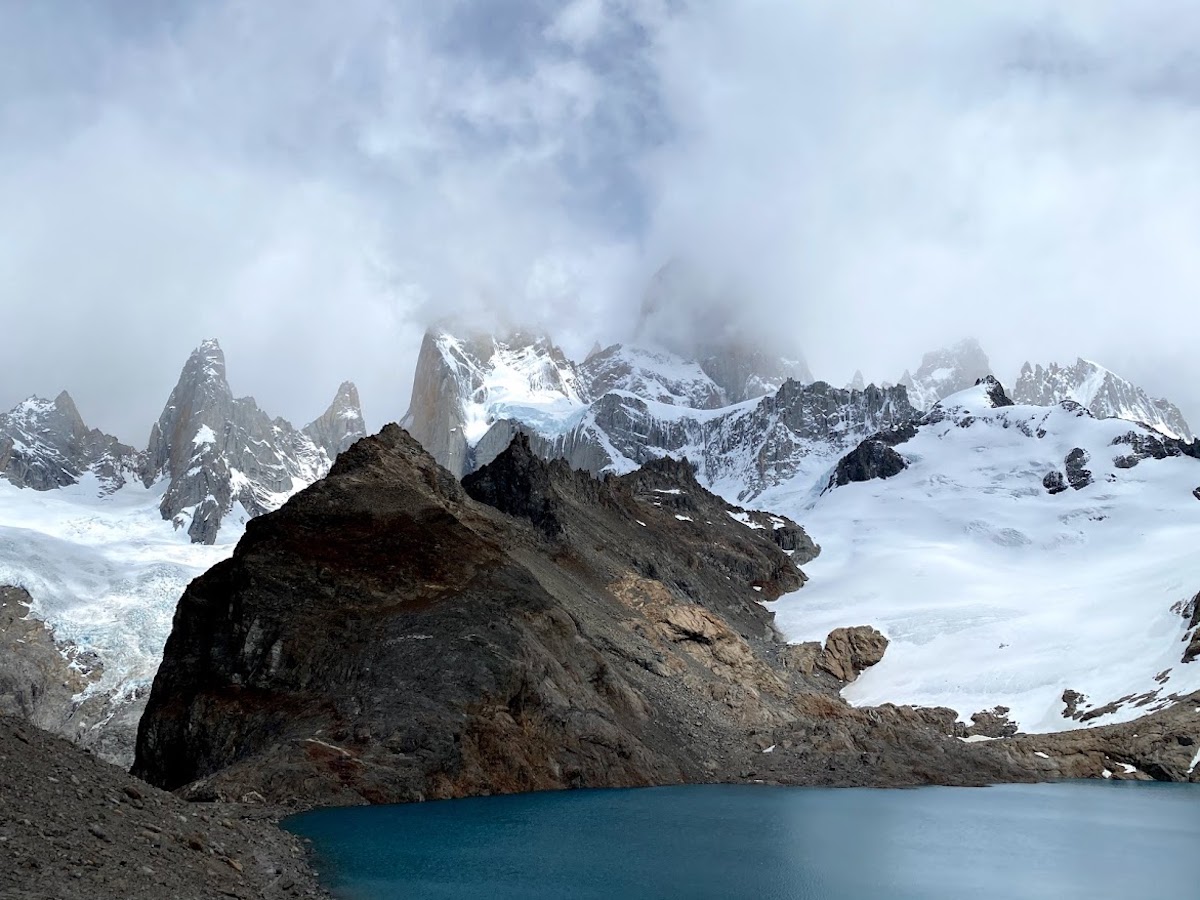
Instantly recognisable as the silhouette on the logo of Patagonia outdoor clothing, Mount Fitz Roy is unforgiving to look at and utterly mesmerising.
Many people choose to camp below the summit to see the mountain range at sunrise. The final hour or so of the hike is a real scramble.
How to get there: This hike is accessible on foot straight out of El Chaltén
Entrance fee: Free
4. Cerro Campanario, Bariloche, Argentina
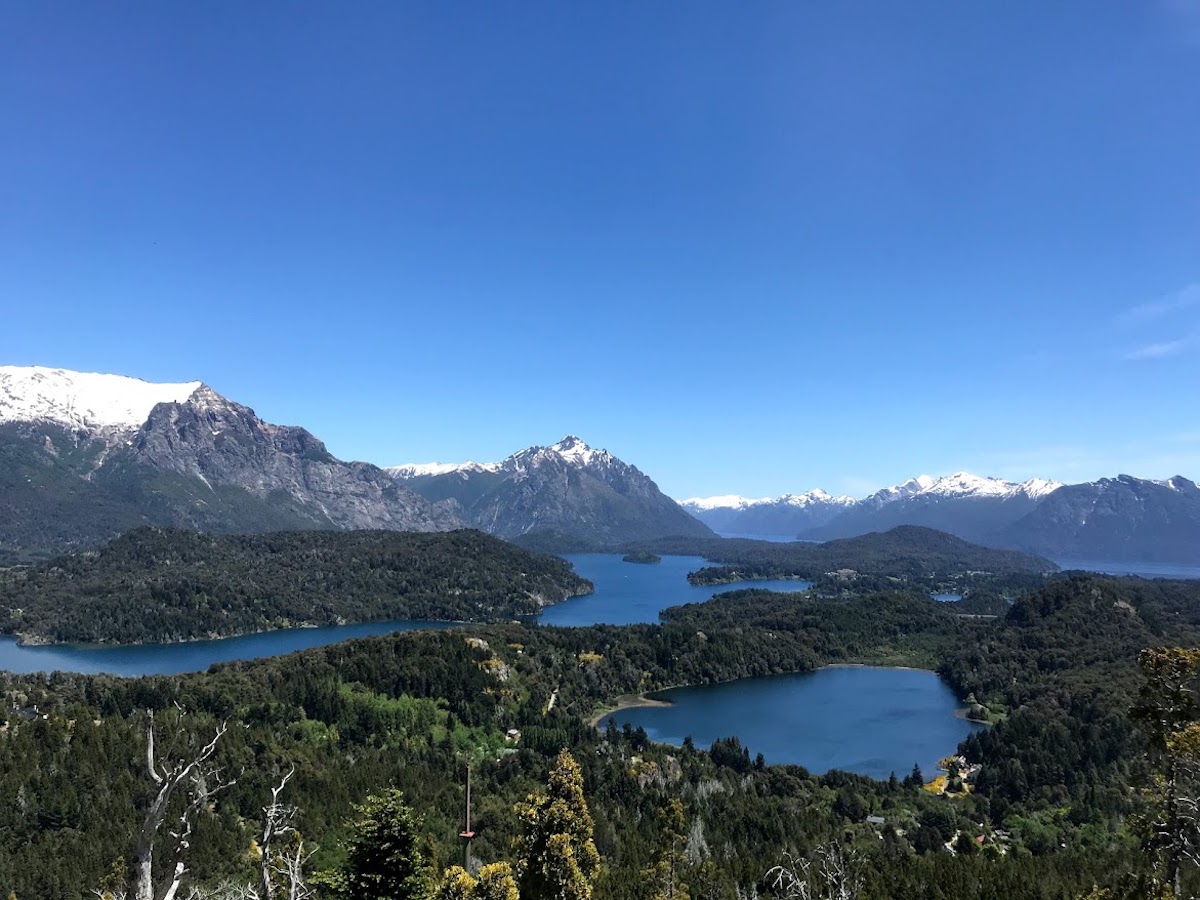
Less of a day hike and more of an amble, this is the easiest hike on the list and rewards minimal efforts with maximal beauty.
At just half an hour each way, it is very accessible and there’s even a chairlift if you don’t fancy the walk.
It might not be the quietest trail, but the popularity is deserved and it is still unmissable. Enjoy a cold beer at the top as you soak up lakes ringed with fir trees, reflecting the mountain backdrop so clearly that you could turn the view on its head and no one would know.
How to get there: Regular buses leave from Bariloche
Entrance fee: Free on foot, the chairlift costs ARS330
5. Cerro Bandera, Puerto Williams, Chile
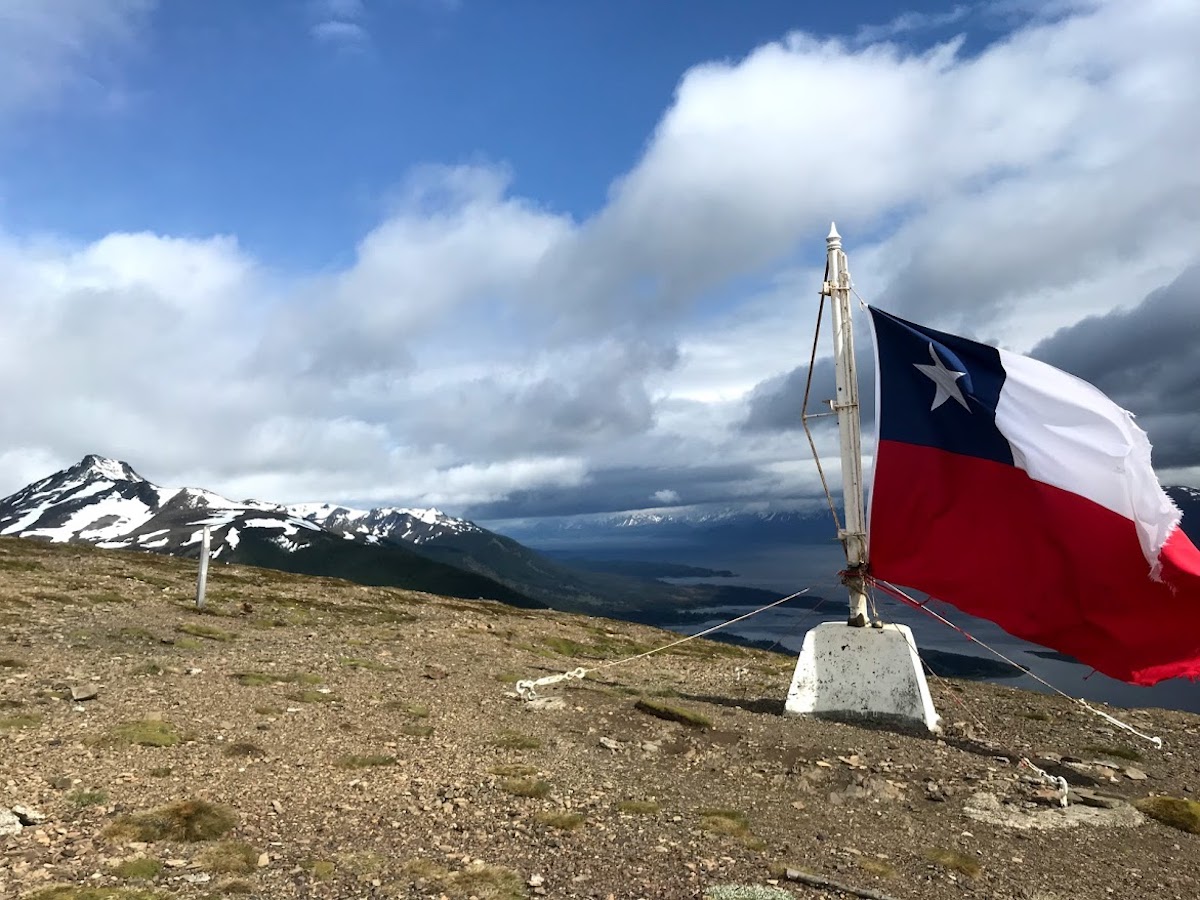
The real end of the world and the first checkpoint on the multi-day Dientes de Navarino trek, which is often lauded as the toughest hike in Patagonia.
The Cerro Bandera, however, is easy to navigate and very achievable in half a day.
Panoramic views of the Beagle Channel and a feeling of complete awe at the remoteness of the last inhabited island before you reach Antarctica await you when you reach the flag at the top.
How to get there: On foot from Puerto Williams
Entrance fee: Free. If continuing to do the full Dientes de Navarino loop you must register with the local office.
6. Cerro Benítez, Puerto Natales, Chile

This isn’t an easy trail to reach or to follow. There are no markings, so make sure that you have Maps.me or something similar downloaded on your phone.
The trail starts from Laguna Sofía, around an hour outside of Puerto Natales.
From here, it’s a steep hour-and-a-half to reach Cerro Queso (Cheese Mountain) for views back down over Laguna Sofía and the vast Golfo Almirante Montt.
How to get there: Drive or hitchhike, no buses run here
Entrance fee: Free
7. Refugio López, Bariloche, Argentina

From Refugio López, the marbled islands of Bariloche pool underneath you. Picking out shapes in the islands is like cloud gazing: one a sea monster half submerged in water, one a turtle.
After three hours of steep uphill climbing, the refugio offers a welcome respite with hot coffee and cakes.
The interior is quirky and homely, although there is a disconcertingly large number of dangling gnome figurines (duendecitos) lining the walls.
How to get there: Regular buses leave Bariloche
Entrance fee: Free, but take some pesos for cake at the refugio
8. Huerquehue National Park Loop, Chile
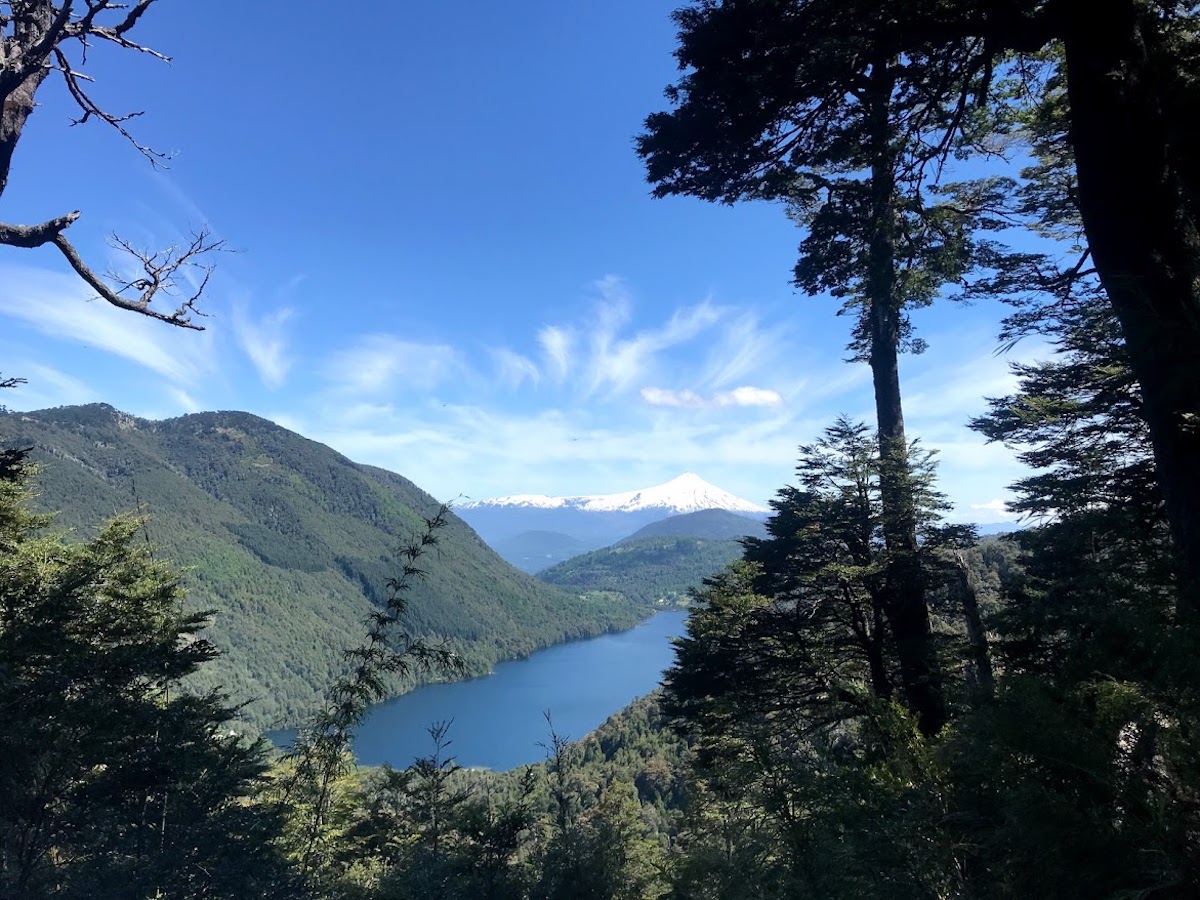
One of the easiest and most commercialised hikes on the list, but beautiful nonetheless.
Huerquehue National Park has a number of well-marked routes, fantastic lakes to paddle in, and some spectacular waterfalls.
How to get there: Regular buses leave Pucón
Entrance fee: CLP7000
9. Laguna Espejo, El Hoyo, Argentina
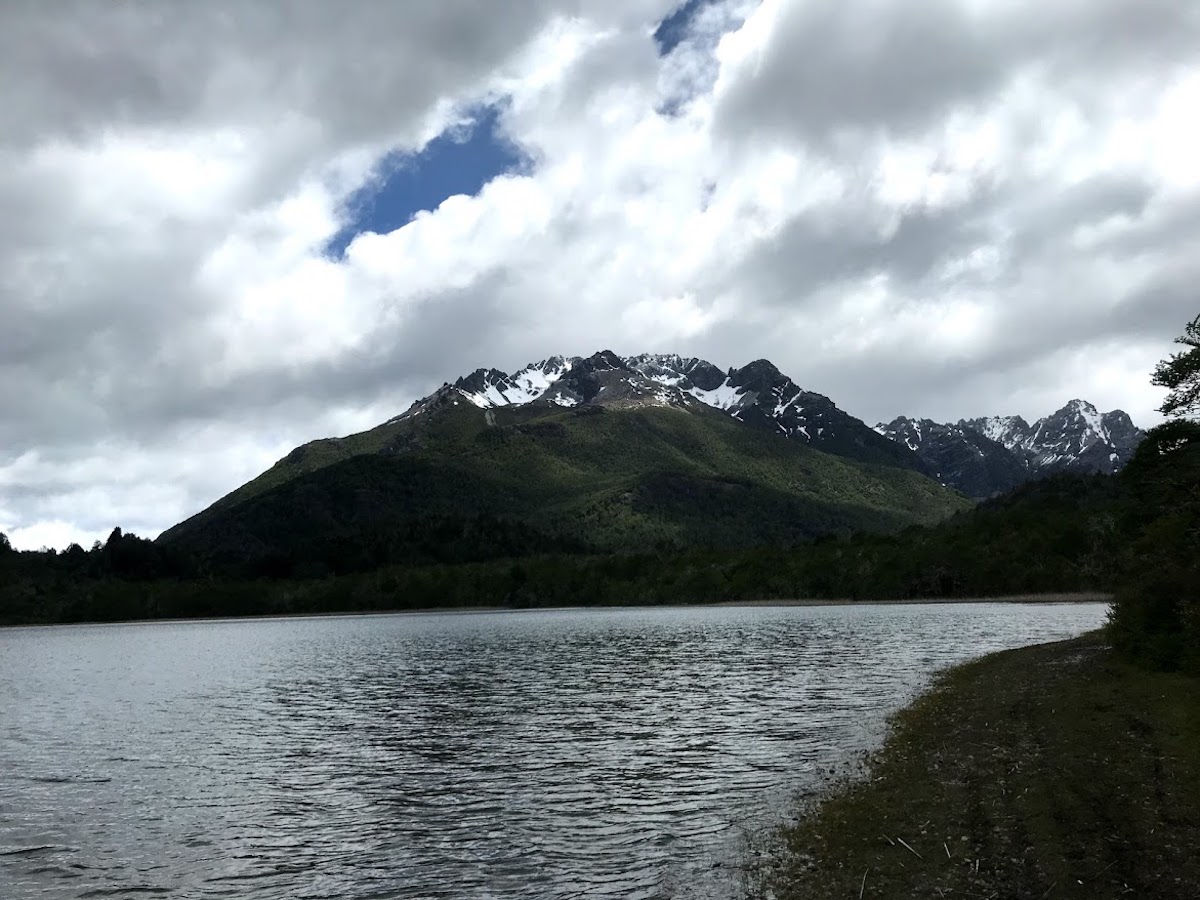
A tricky trail to follow and very much off the typical tourist trail.
The little town of El Hoyo is just south of the hippie haven of El Bolsón. From a little further south, close to Hostel Luz Clara, several trails split and rejoin in the woods that run steeply uphill east of the town.
At the top, after passing remote estancias straight from a Wild West movie, Laguna Espejo (Mirror Lake) is black, windswept, and infinite-looking.
A short detour after you descend will take you to Catarata Corbata Blanca (White Tie Waterfall), which spills out of a ring of rock like a perfect white necktie.
How to get there: Catch a bus to El Hoyo and continue on foot to Hostel Luz Clara to ask for directions. Better still, stay at the hostel overnight, there isn’t an abundance of accommodation in the area.
Entrance fee: Free
10. Laguna Cerro Castillo, Coyhaique, Chile
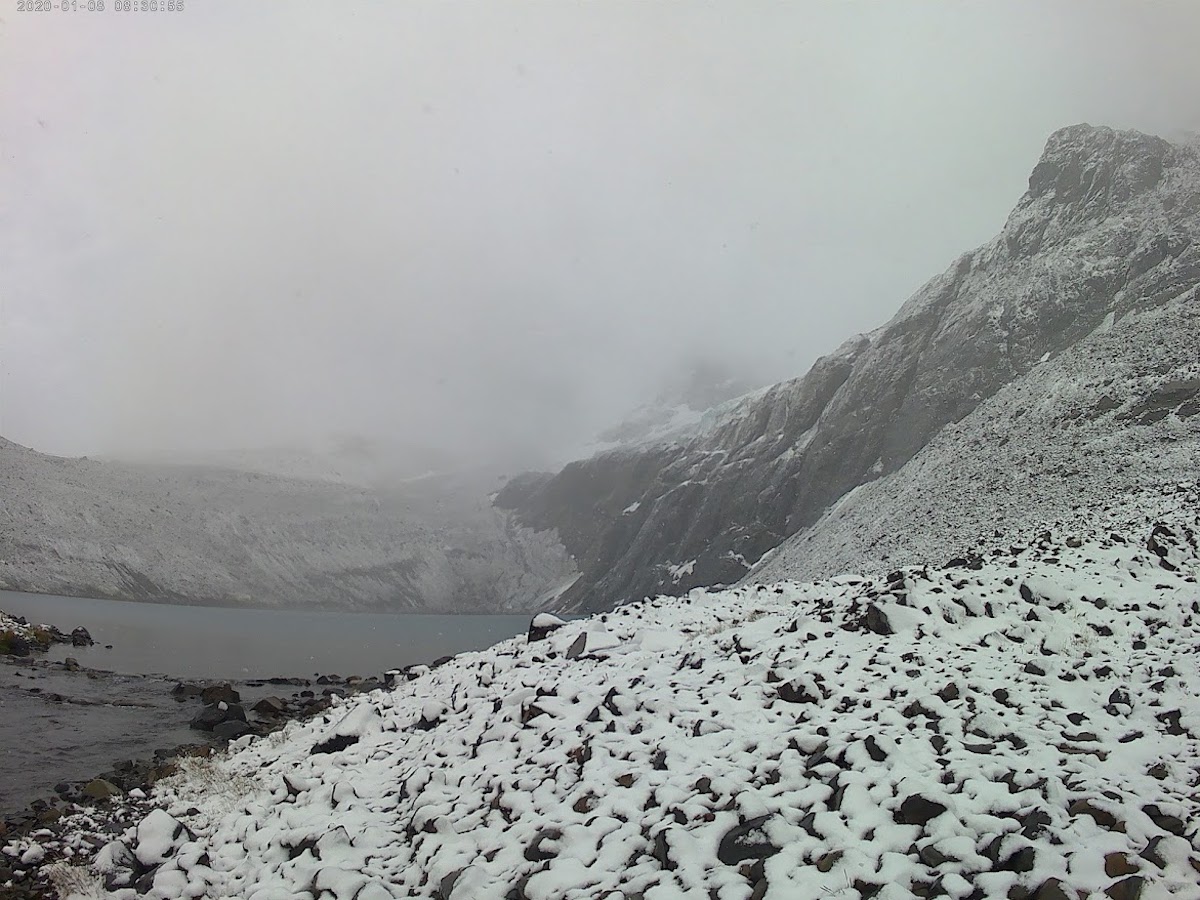
The Laguna Cerro Castillo day hike takes you to the main viewpoint of the longer, four-day Cerro Castillo Circuit, avoiding a dangerous mountain pass.
On a clear day, the views are meant to be amongst the best in Patagonia. We, unfortunately, coincided with a blizzard so saw very little. It was still pretty dramatic though.
How to get there: Buses leave Coyhaique for Villa Cerro Castillo. They’re infrequent and often fill up, so plan ahead and reserve before the day of travel.
Entrance fee: CLP10,000
11. Volcán Villarica, Pucón, Chile
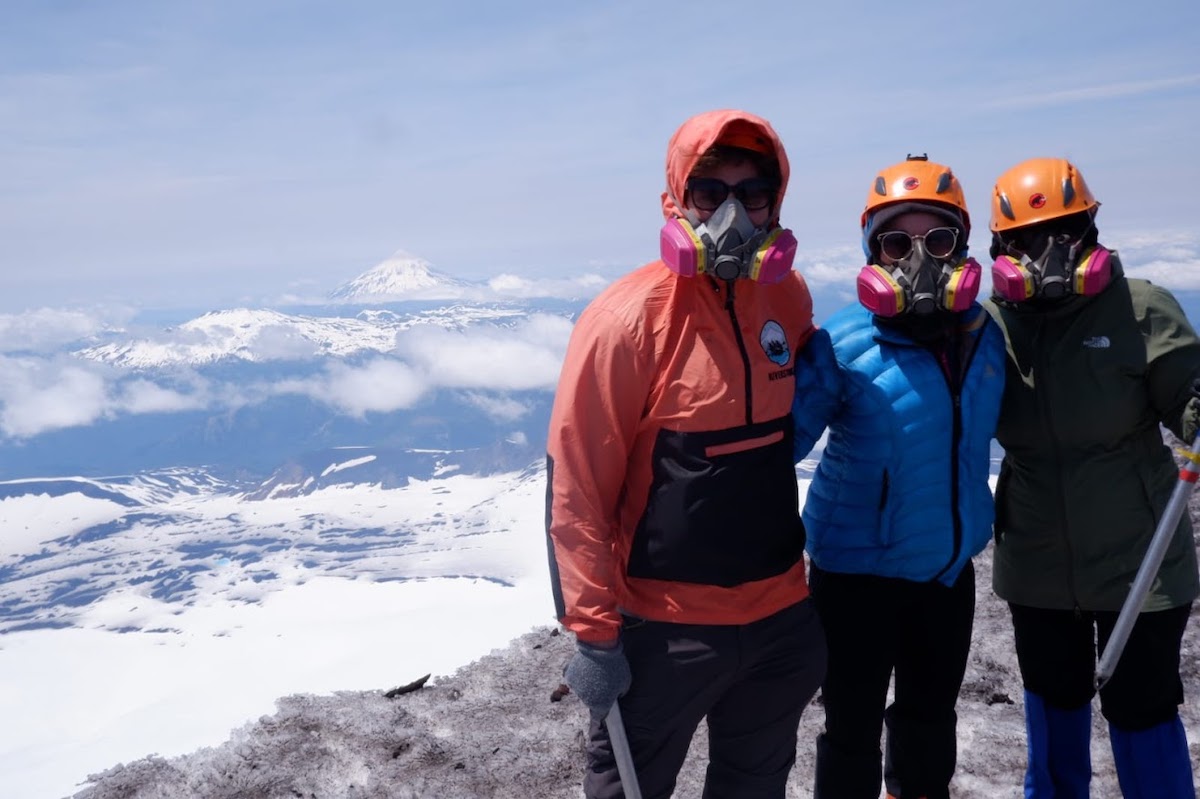
Impossible to do without an organised tour and by far the most expensive hike that I’ve ever done, this was, nevertheless, worth every peso.
Donning crampons and packing ice picks, set off from the base of the volcano in semi darkness. The sulphur fumes at the top are so strong that you’ll have to wear a protective mask to breathe through as you look over the crater edge.
After peering over the crater at the ash and lava spitting below, the descent is easy. Sit on a sledge and speed down the side of the volcano through the snow!
How to get there: Organised tours leave Pucón from numerous different agencies. Transport and hotel/hostel pick up is included.
Entrance fee: The tour cost starts from around CLP40,000
